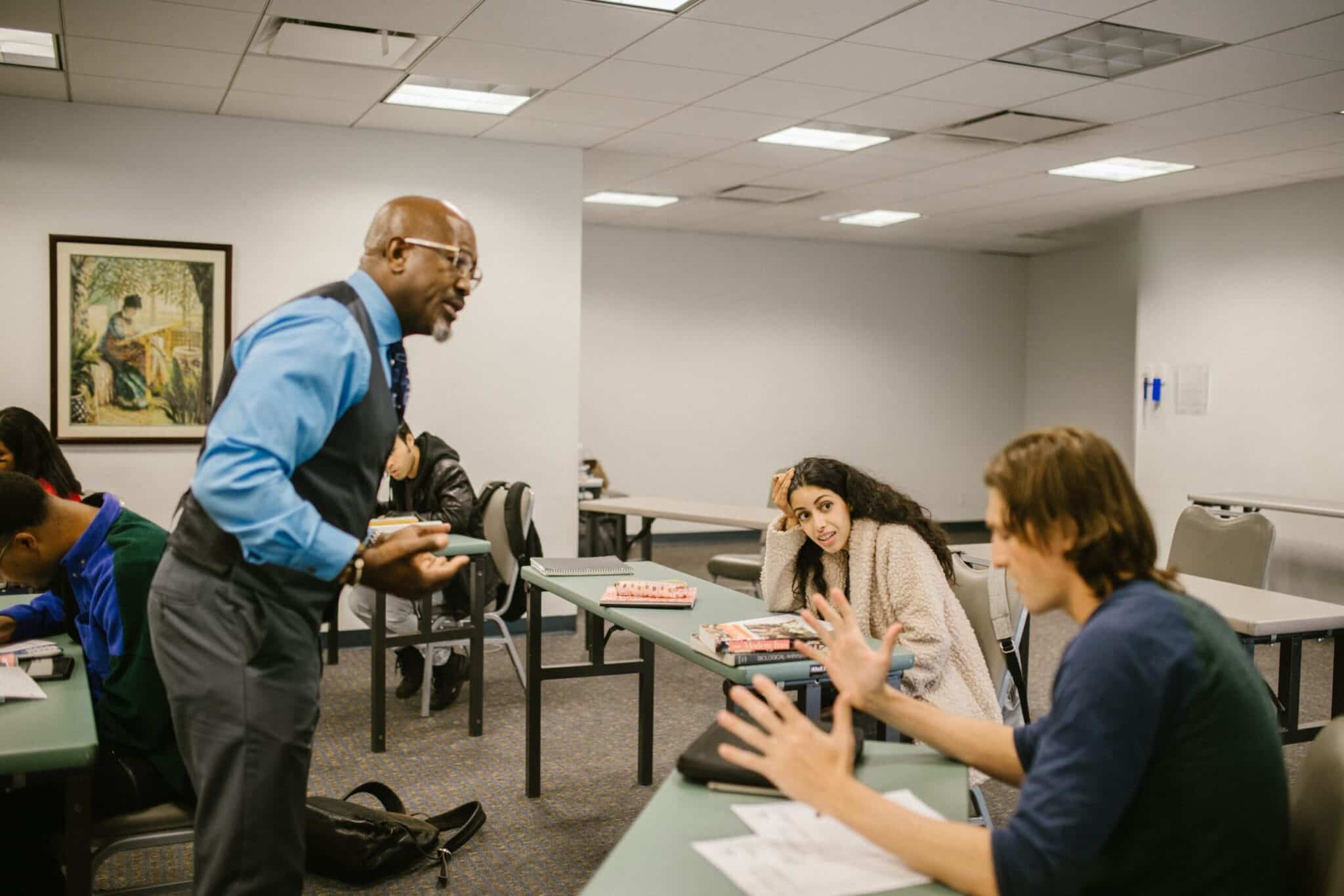Everyone Knows How To Cheat on A Test. Here’s Why No One Should!
Updated: June 19, 2024
Published: April 12, 2020

According to a study of 940 students across college campuses performed in 2020 by the International Center for Academic Integrity (ICAI), 29.3% of college students overall admitted to cheating in exams. Per another study also led by ICAI, 64% of over 70,000 high school students surveyed in the United States admitted to cheating on a test. These numbers indicate that many students know how to and often resort to cheating on tests.
That being said, even if someone knows how to cheat on a test without getting caught, there are so many reasons why they shouldn’t do so. Here, we will share what makes cheating on a test wrong. We’ll also replace the best ways to cheat on a test with the best ways to get around cheating on a test.
Let’s get to it.

Why You Shouldn’t Cheat on a Test
There’s a long list of why you shouldn’t cheat on a test, and so, we’ve highlighted some of the most outstanding reasons below.
Morally wrong
Like stealing and lying, cheating is morally and ethically wrong. It’s as simple as that. Every time you cheat on a test, you are acting as if you’ve done the work yourself, which is just like lying. Not only are you lying to the person grading your work, but you are also stealing and profiting off of the hard work of another student.
Unfair to others
Classrooms are made up of diverse students who learn, test and produce work at varying degrees. When you decide to cheat, you are technically not playing by the agreed-upon rules of a classroom. Therefore, you are being unfair to all of those around you who studied and put in the time and effort to complete the work on their own. Whatever grade you get isn’t actually deserved.
Cause of stress
Although many students decide to cheat because they feel stressed or overwhelmed, the fact of the matter is that cheating causes stress in itself. When you cheat, you’ll likely be worried the entire time or thereafter about being caught. As a college student, the consequences of cheating are typically more severe than that of doing so at a young age because you can potentially be expelled from the institution. Thus, the higher the stakes and detrimental outcomes of cheating are, the more stress you may feel when partaking in this illicit activity.
Inhibits progress and learning
Most people would agree that they are in school to learn and grow. Learning is often structured such that you build upon facts and subject matter that you’ve already mastered. If you decide to cheat at any step of the way, then you aren’t actually understanding the material you need to master to continue learning. As an effect, you slow or prevent progress from occurring along your educational journey.
It’s disrespectful
In a learning environment, students, teachers, and administrators (and parents), put in the time, energy, effort, and consideration to breeding and supporting a student’s success. When you choose to cheat, you are disrespecting every responsible party’s efforts as you aren’t putting in your end of the bargain.
Habit-forming
You’ve likely heard it before, but there’s a saying that goes, “Once a cheater, always a cheater.” If you cheat and get away with it, then the chances are high that you may feel invincible and do it again. Cheating can become a habit and even lead you to cheat in other areas of your life. This is a primary driver of why you should avoid ever cheating in the first place.
Detrimental consequences
As we briefly touched on before, cheating has serious consequences. You can find out the exact negative consequences of cheating by reviewing your school’s academic integrity code of conduct policy ( here’s what that looks like at the University of the People) or your teachers’ syllabi. In colleges, being caught cheating could get you kicked out. So, you really have to ask yourself if it’s worth it. We can assure you that it’s not!

What to Do Instead of Cheating?
If you’re at the point where you know how to cheat on a test and you feel like it’s the best option forward, stop yourself in your tracks. Take a moment to think about why you are choosing to cheat. It could be because you need good grades, you are not prepared, you don’t understand the subject matter, or you managed time poorly so you didn’t make time to study.
Whatever the reason is, reconsider your next step and look at these best practices for how to avoid cheating.
Study
Make time to study consistently. This way, you won’t feel overwhelmed the night before a test. Studying may involve reviewing or organizing your notes, taking practice tests, making flashcards, reading, etc.
Ask for Help
Don’t be afraid to ask for help. If you approach your professor with questions, they’ll likely want to help you. If you have the option to attend office hours, discussion groups, or talk to teachers’ assistants, utilize these resources.
Hire a Tutor
If you need help beyond the classroom or what your academic institution can offer, consider hiring a tutor.
Create Study Groups
Make studying fun by working alongside your peers in study groups. Even if you don’t attend a campus in-person and are attending an online university, you can meet peers online and study with them.
Reward Yourself
When you study, complete a task, or do well on a test, take a moment to pat yourself on the back with a reward. A reward can be in the form of taking a study break, giving a gift to yourself, spending some time away, or taking part in any activity that brings you joy.
Final Thoughts
There are many unique ways to know how to cheat on a test, so the chances are that you know at least one way to do so. But knowing and doing are two different things. As you know and can see, cheating is plainly wrong. There are alternative ways to be prepared. Respect everyone (including yourself), and learn material efficiently so that cheating is never an option.
